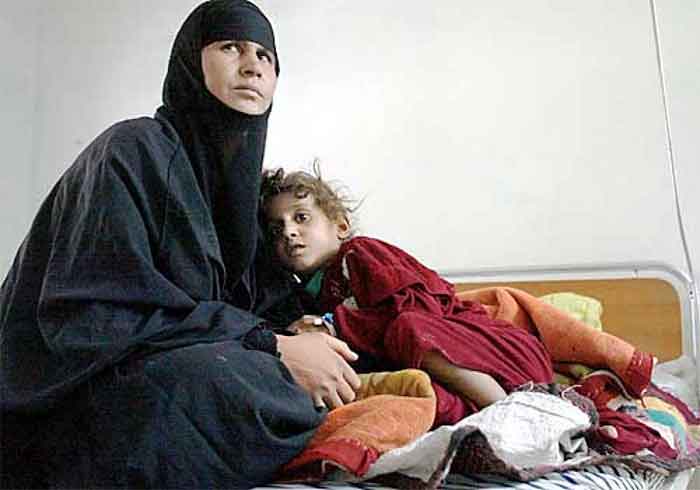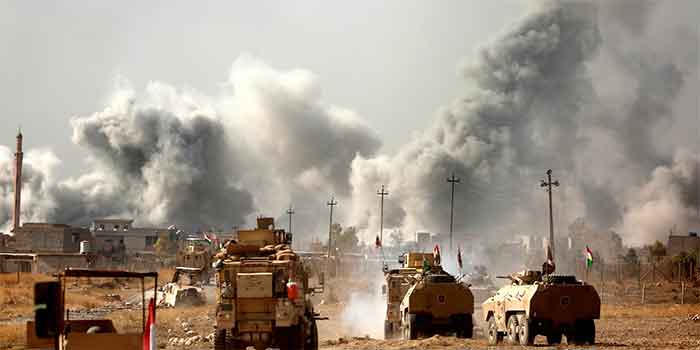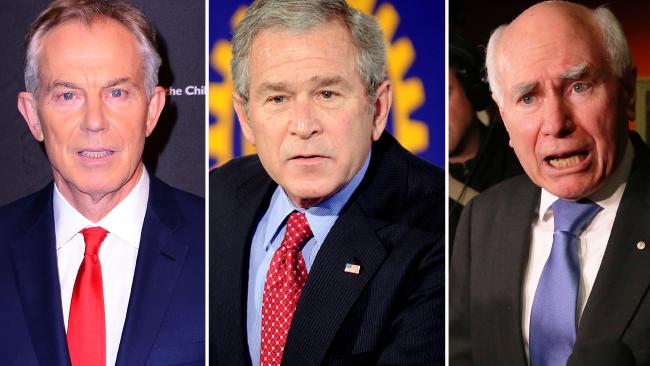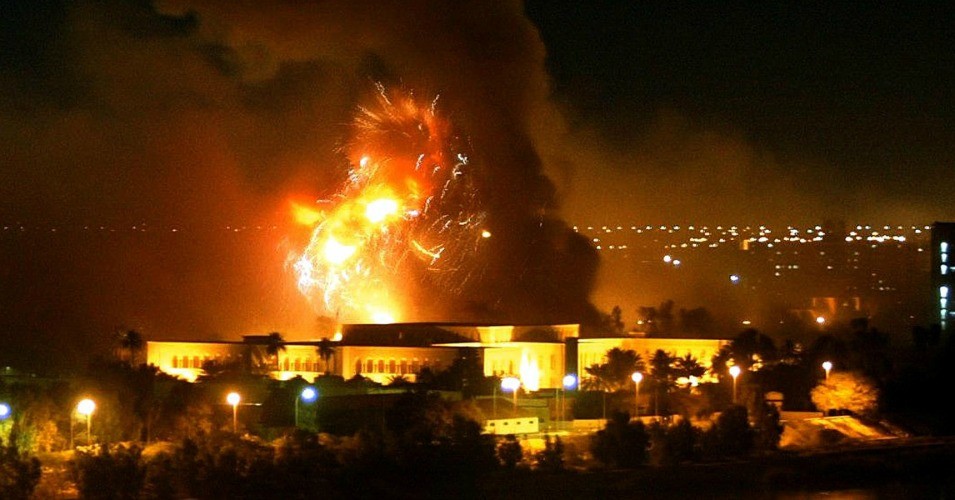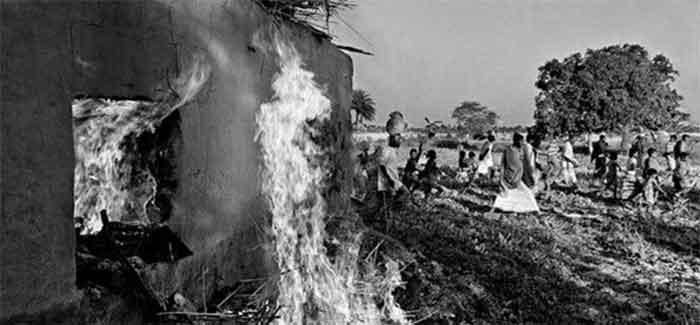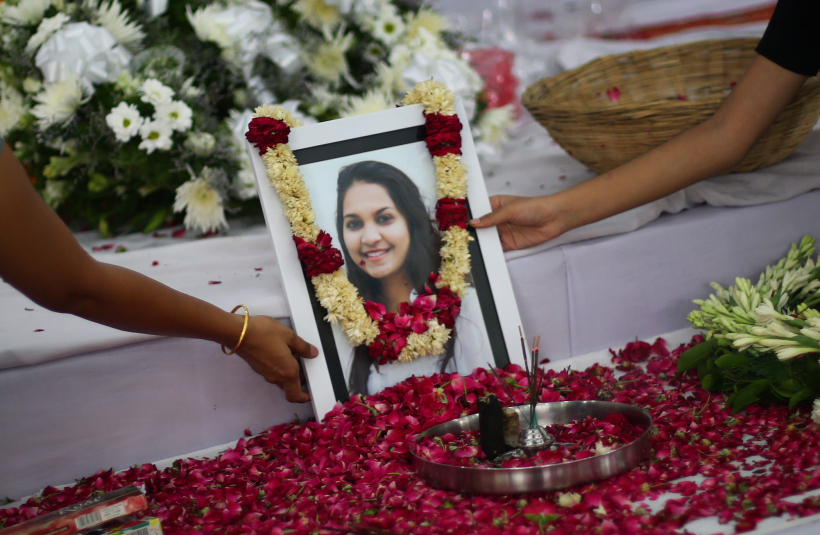
The month of Ramadan witnessed unspeakable carnage in three Muslim cities in three different countries. On 28 June 2016, 41 people, both locals and foreigners were killed in shootings and suicide bombings at the Istanbul Ataturk Airport. On 2nd July, 20 people taken hostage by militants in an upmarket restaurant in Dhaka, Bangladesh were shot andmurdered. On the 3rd of July in Baghdad, 165 were massacred in massive bomb blasts.
The killers in all three episodes were Muslims, specifically Sunni Muslims. The majority of the 226 victims were also Muslims. In all three instances, ISIS or Daesh was alleged to be the perpetrator. In the case of Istanbul, the Turkish government made this allegation in the immediate aftermath of the bombings. In the case of Dhaka, Daesh claimed responsibility though the Bangladeshi government has maintained that the savagery was committed by a home grown militant outfit known as the Jamatul Mujahedeen Bangladesh. In the case of Baghdad, Daesh was quick to claim “credit.” It made it a point to emphasise that its target were Shias.
A number of Muslim governments have condemned the Istanbul-Dhaka- Baghdad (IDB) carnage. Both Sunni and Shia religious elites have also denounced in strong language the IDB atrocities. They have demanded that the masterminds behind these perpetrators of terror be severely punished.
Most analysts are agreed that the spurt in Daesh terrorism during Ramadan is to demonstrate to Muslims and the world at large that it is still a formidable force, in spite of major setbacks on the battlefield in recent months. It was defeated in the strategic city of Fallujah, close to Baghdad, just a few days before it embarked upon its 2nd July act of terror. Daesh has been pushed out of other areas in Iraq as well. The Syrian army, with Russian air support re-captured the ancient world renowned heritage city of Palmyra at the end of March this year. The Syrian government has also regained control over large swathes of land that Daesh and other terrorist groups had captured in the last two years.
Because Daesh and its allies and rivals in terror are in decline, governments in West Asia and North Africa (WANA) and other powers should step up their efforts to defeat and destroy the scourge they represent. They should enhance their cooperation and work resolutely towards a single goal. It is important to emphasise this because governments within and without WANA have been known to facilitate the flow of funds, firearms and fighters to Daesh while professing opposition to terrorism. It is this hypocrisy on their part which has helped Daesh to grow so rapidly. Even if some of these governments and the clandestine channels they have created are no longer colluding with Daesh, they remain linked directly or obliquely to other terrorist organisations such as Al-Qaeda and its affiliate, the Jabhat al-Nusra.
Why are they doing this? The reason is obvious. They are pursuing their own individual or collective political or economic agendas. These agendas maybe related to natural resources in WANA or its strategic routes or the security and ideological concerns of certain actors in the region. Often they correspond to the hegemonic ambitions of a superpower that has sought to dominate and control WANA for the last 50 years at least.
It is these ambitions sometimes complicated by the goals of national and regional actors that have resulted in occupation, intervention and the politics of regime change. Occupation and regime change have given rise to mayhem and chaos that havein turn spawned terrorist outfits and activities. Iraq is an outstanding example of this. The humiliation and the anger generated by occupation — whether it is Palestine or Iraq or Afghanistan — often shared by tens of thousands of others who are not its direct victims explains to a great extent the contemporary terrorist and why he acts the way he does.
This is why combating terrorism on the battlefield important as it is, can never be the real solution. One must have the honesty and the integrity to address the underlying causes. It requires those who prescribe remedies for terrorism from the lofty heights of global politics to hold a mirror to their own souls. They must be willing to admit that their unrestrained drive for hegemonic power and for control over wealth may be the root problem. Or, as the 19th century Russian thinker, Alexander Herzen, put it in another context, “The doctor is the disease.”
Dr. Chandra Muzaffar is the President of the International Movement for a Just World (JUST), Malaysia.

